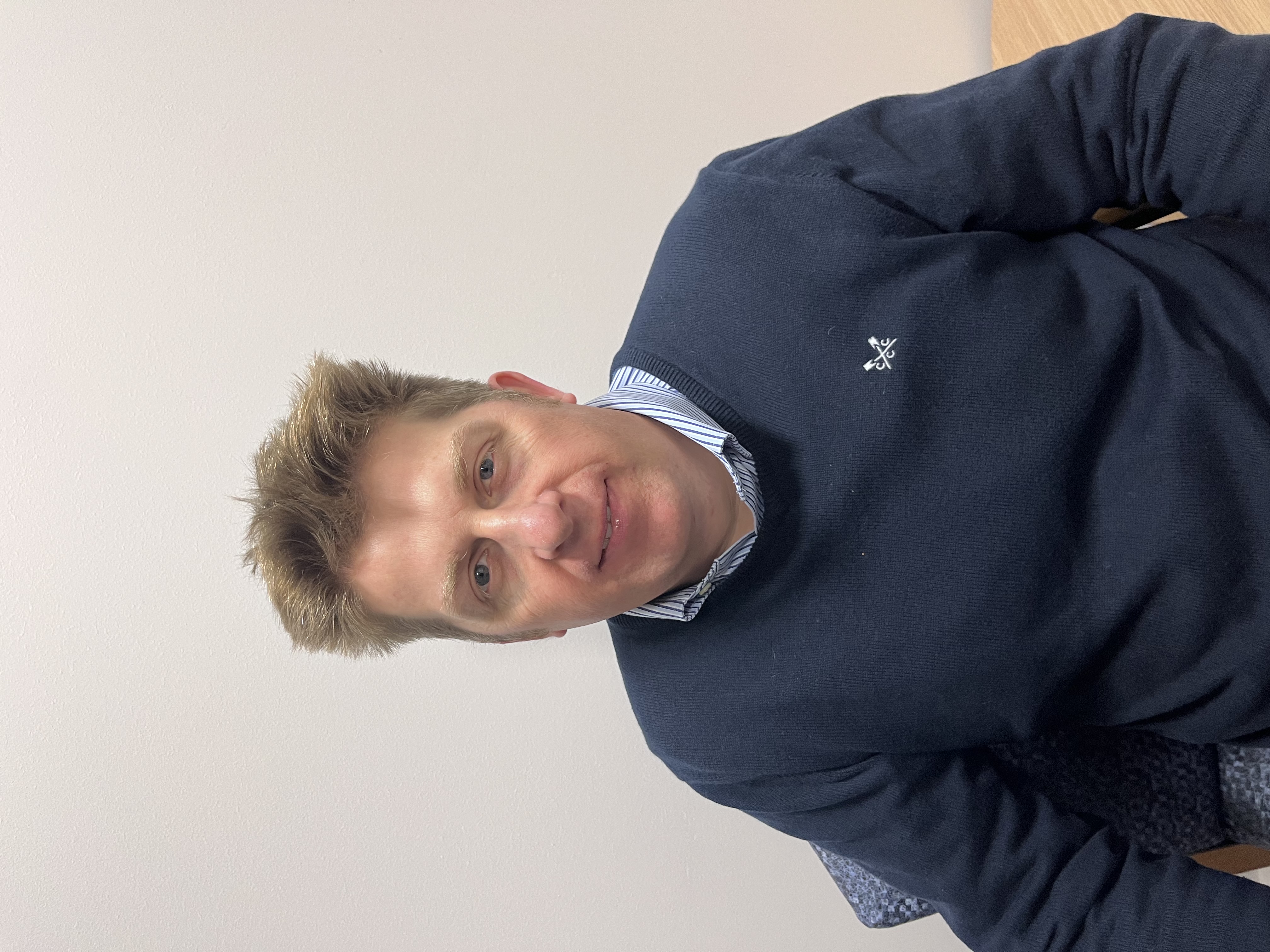Oesophageal capsule helps to pre-empt cancer
UHNM patients are set to benefit from a new diagnostic test which can identify important oesophageal conditions before they turn into cancer. The Trust has become one of only a few organisations in the West Midlands to participate in the pilot programme.
Cytosponge is a small capsule which is attached to a fine string. After swallowing, the capsule coating (made from vegetarian gelatin) dissolves in the stomach to release a small sponge which, when removed, allows cell collection from the lining of the oesophagus (gullet or foodpipe). These cells are then analysed for abnormalities.
The test takes around 15 minutes and has been found in several studies to be safe, well-tolerated and effective.



Mr Duncan Beardsmore, consultant in upper GI surgery
Mr Duncan Beardsmore, clinical lead for the project, said: “During the Covid-19 pandemic, endoscopy waiting lists increased significantly in the NHS in England and we hope that introducing Cytosponge will help to reduce these waiting time pressures. Although the majority of people seen will not have cancer or another serious condition, Cytosponge can be used to prioritise access to upper GI endoscopy for patients referred to secondary care with reflux symptoms including heartburn, regurgitation and excessive salivation.
“Previously endoscopy was the only way to diagnose reflux-related changes and to take biopsies or samples for further assessment. Cytosponge works by obtaining information and samples from the lining which will indicate any reflux related changes or other conditions of the oesophagus. It can also pick up changes within the top part of the stomach, but is predominantly for assessment of the oesophagus."


Sunitha Rajan, clinical nurse specialist
Sunitha Rajan, clinical nurse specialist, said: “Patients who have attended so far have found it much easier to tolerate than a regular gastroscopy and a lot more convenient. One patient even cycled to their test and said that, although it was a bit of an odd experience, they would certainly do it again in the future.
“Identifying cell changes in screening is important to ensure conditions do not progress to become oesophageal cancer. Screening allows cell changes to be identified and simple, curative treatment to be offered.”
Patients who have a test which indicates positive results will have an endoscopy for further evaluation and treatment. This will help early detection and diagnosis and treatment of cancer, giving patients access to early investigation and diagnosis for their reflux and heartburn symptoms.